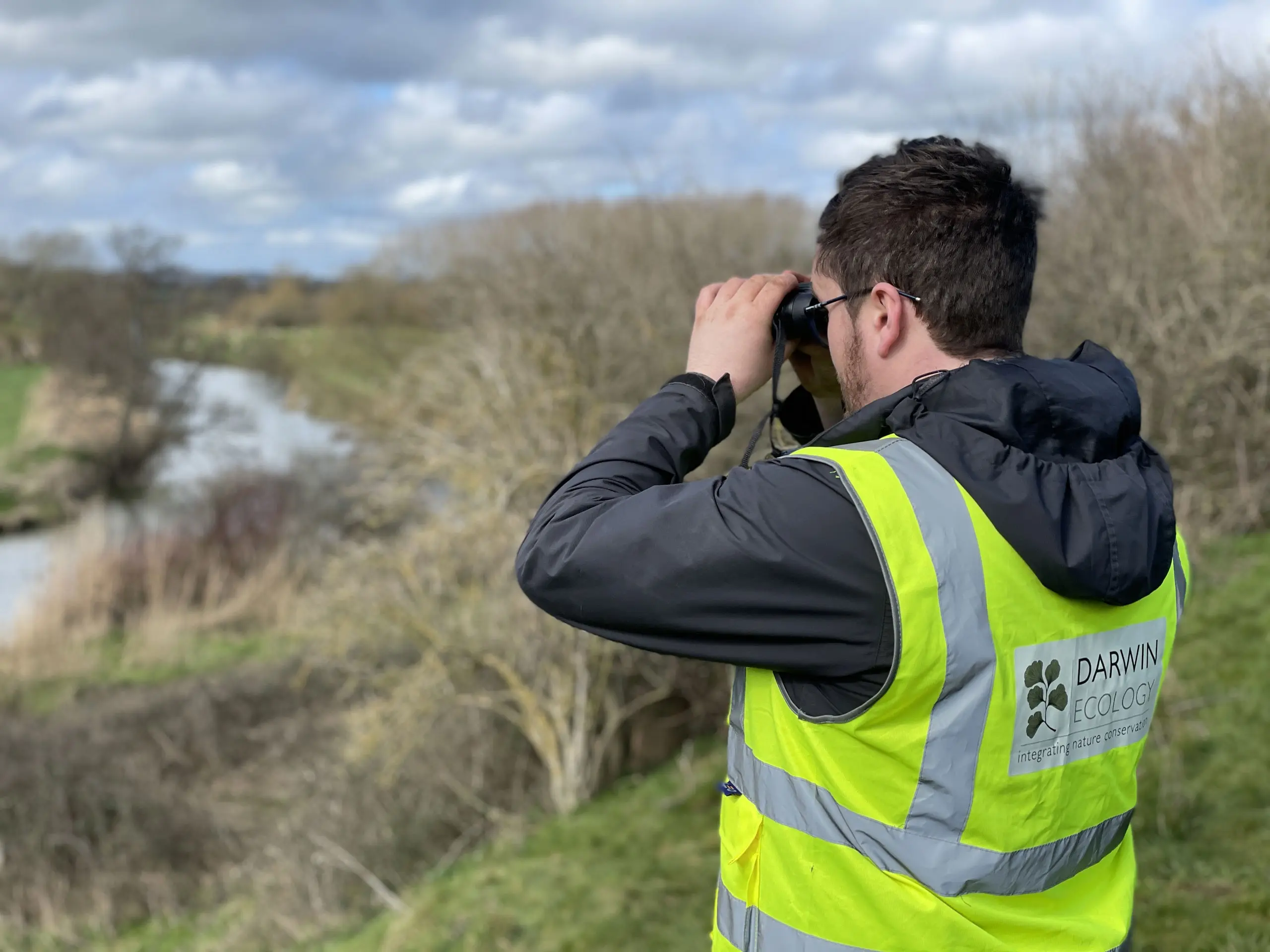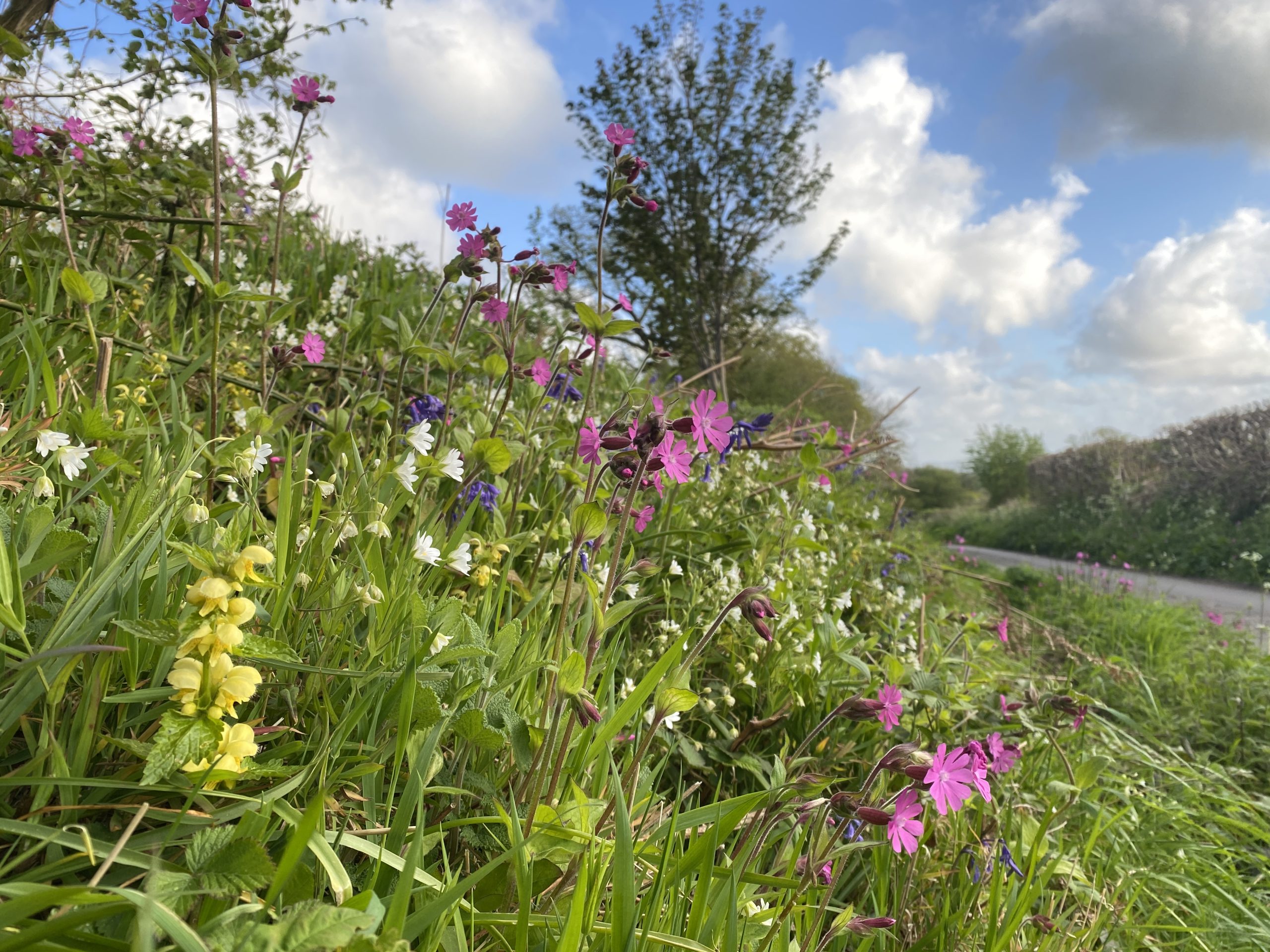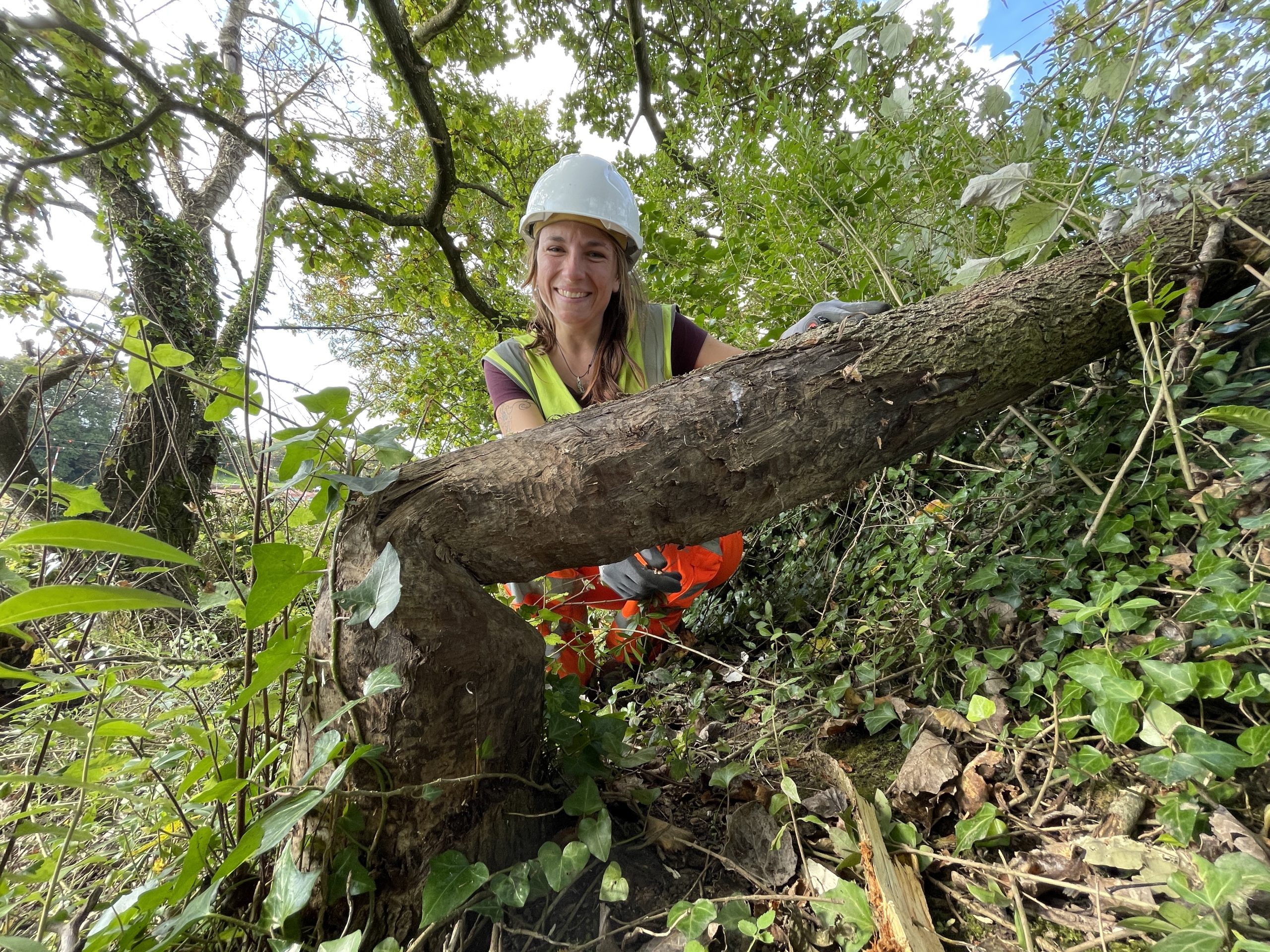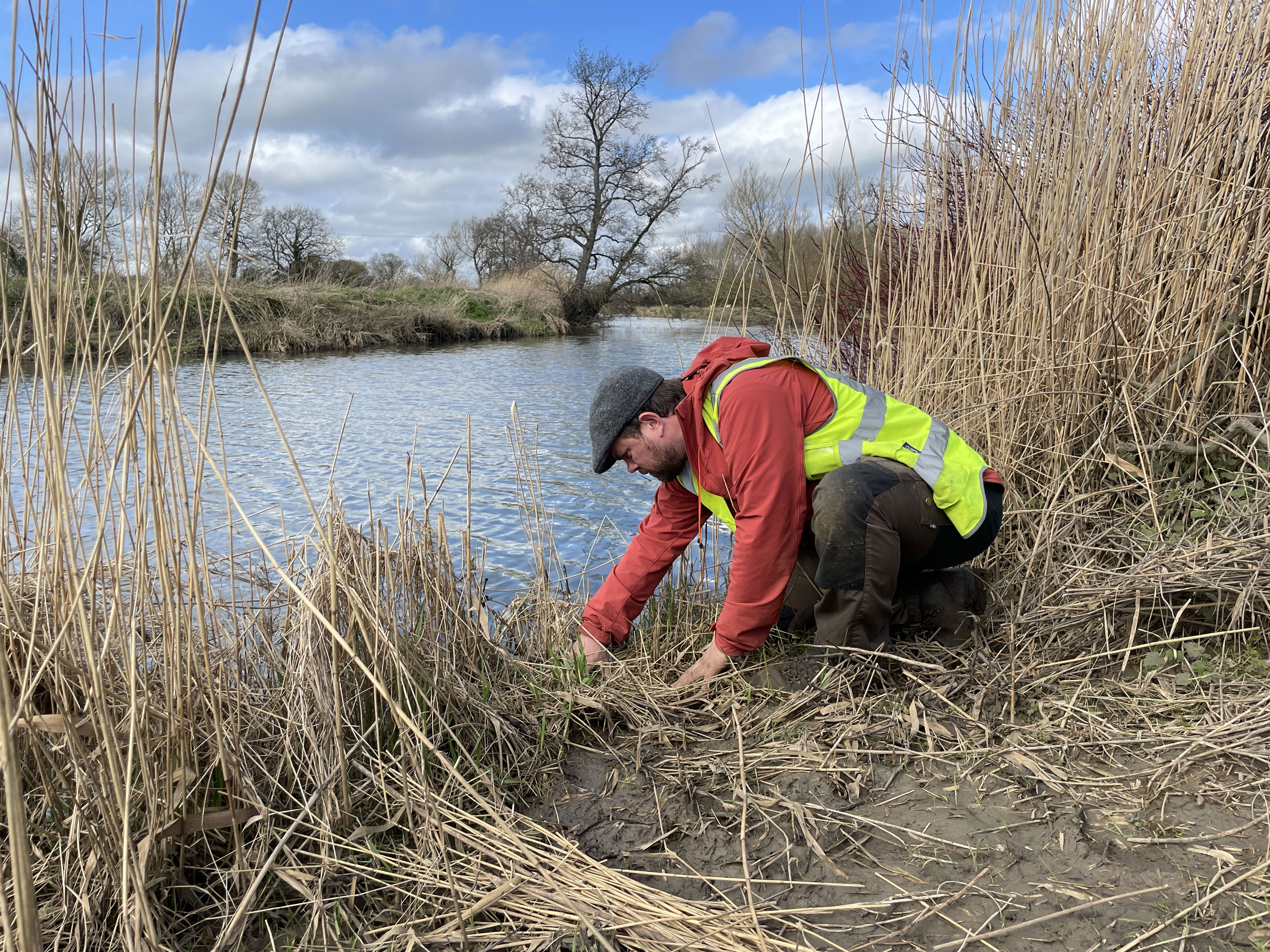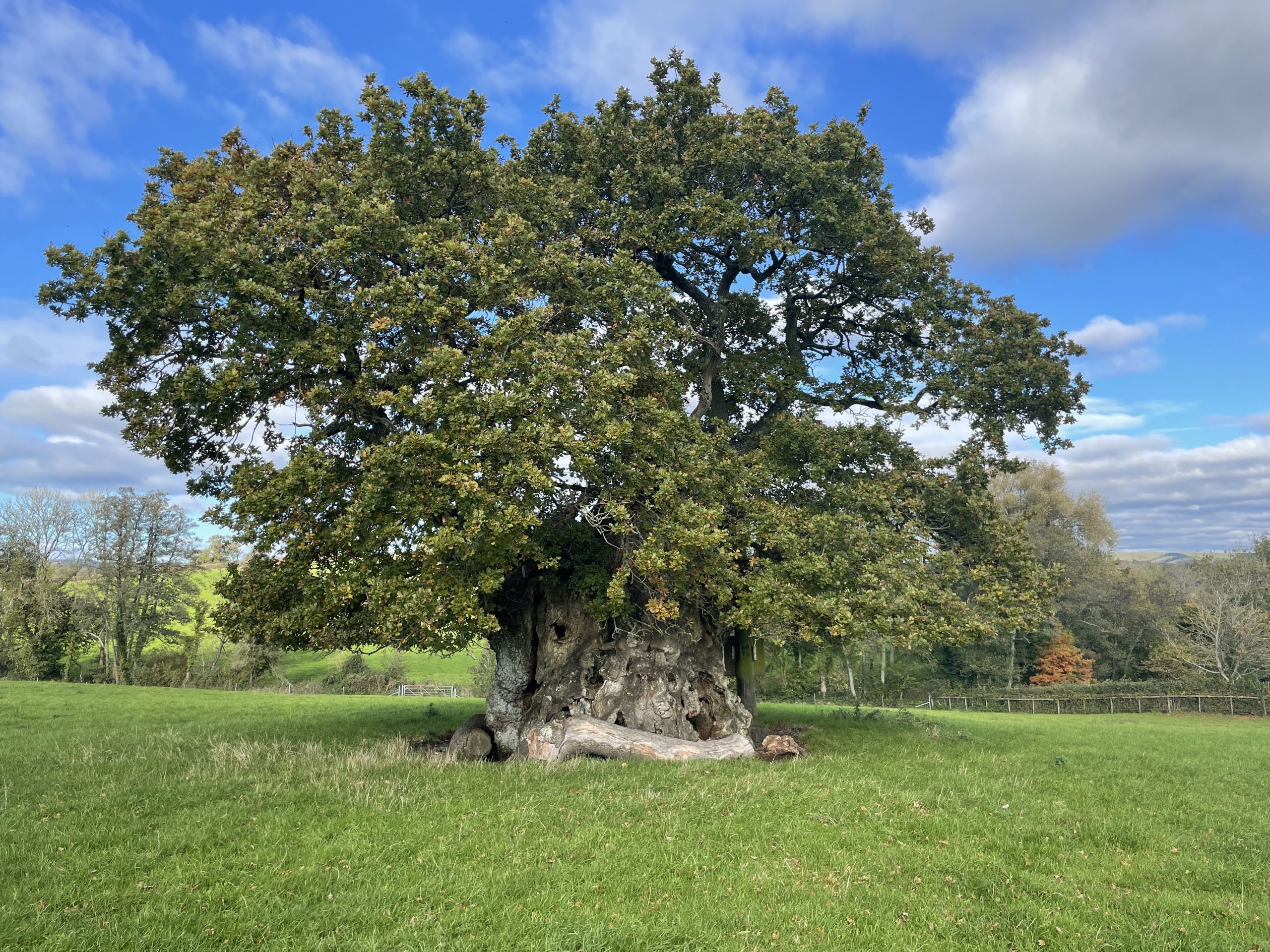Why do you need a PEA survey?
A Preliminary Ecological Appraisal – or PEA survey, for short – determines whether your site has potential for protected species or habitats, and forms the basis for further survey recommendations.
In the planning system, impacts on protected species and habitats are carefully controlled to protect biodiversity. PEA surveys are the first step in site assessments and are often required for planning before the council can assess your application.
We recommend getting your PEA survey done as early as possible – even if you don’t have formal plans or proposals yet. It’s important because many protected species surveys are seasonally restricted, which can have a knock-on effect on your project’s timeline if not factored in at the start.
What does a Preliminary Ecological Appraisal involve?
PEA surveys are typically split into two parts: a walkover survey and an ecological desk study.
Walkover survey
We’ll visit your site to determine the habitats present, and identify any signs of or potential for protected species. We’ll take notes and photos while on site to document the habitats and any relevant features, such as badger setts or trees with bat roost potential. If your site has a building, we’ll also do a Preliminary Roost Assessment (PRA) for bats.
Desk study
After our site visit, we’ll use various online resources to see if there are any records of protected species on/near your site, or any designated sites nearby. We’ll also determine what local planning policy requirements there are for your site.
Report
We’ll then put this information into a PEA Report for you, and include recommendations for your project’s next steps. These may include further surveys for particular species, or suggestions on how to minimise your ecological impact and achieve an overall biodiversity net gain. If no further surveys are required you will receive an Ecological Impact Assessment Report which is suitable for submission with your planning application.
What if we find constraints?
Once we know which ecological constraints and/or protected species are on your site, we’ll recommend surveys (often called Phase 2 surveys) to ensure we have all the information required to help you secure planning permission. We do these for various UK protected species, and will work with you to design a suite of surveys tailored to your specific site and project. The results will then tell us whether any mitigation, compensation or licensing is required.
